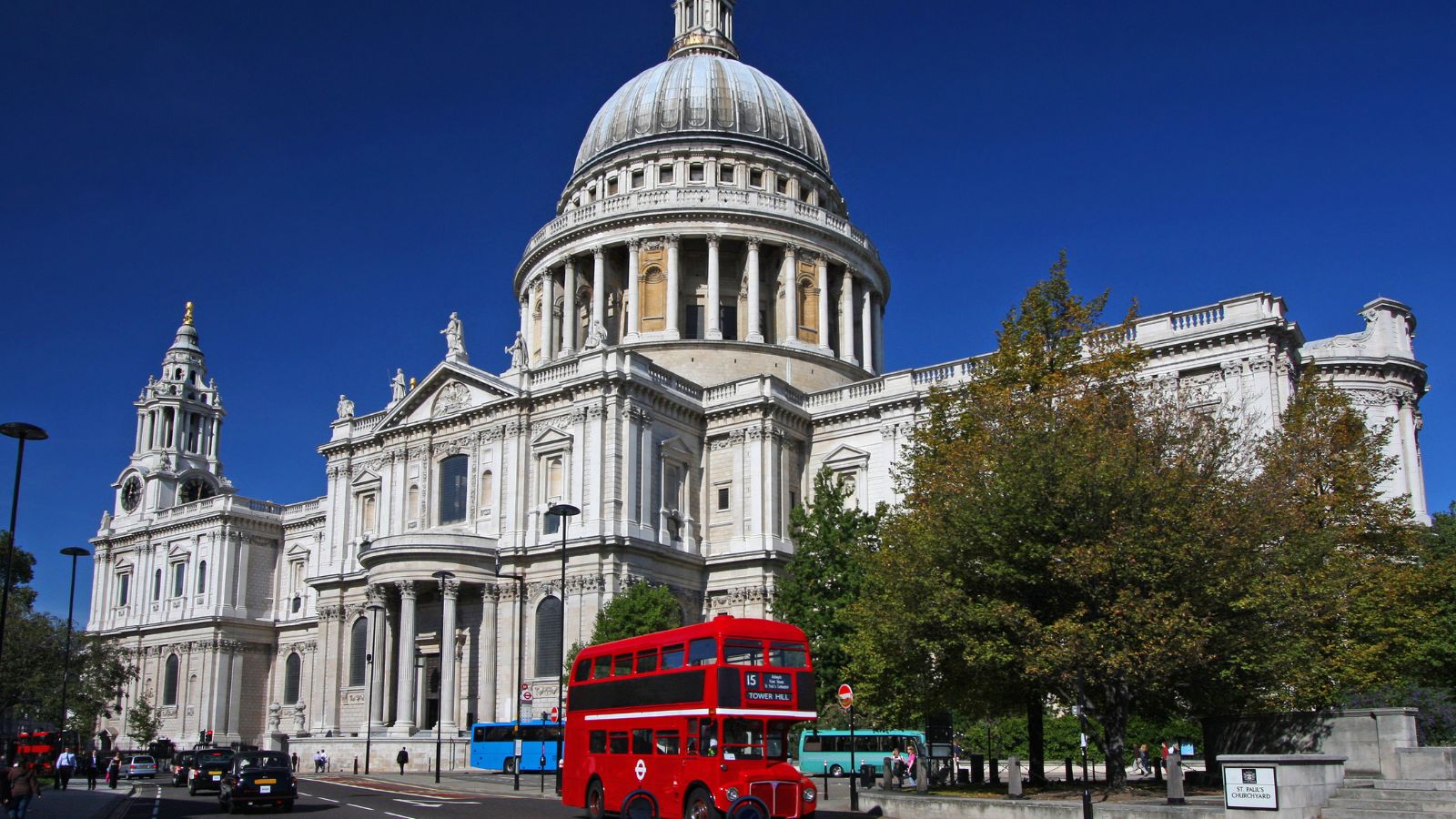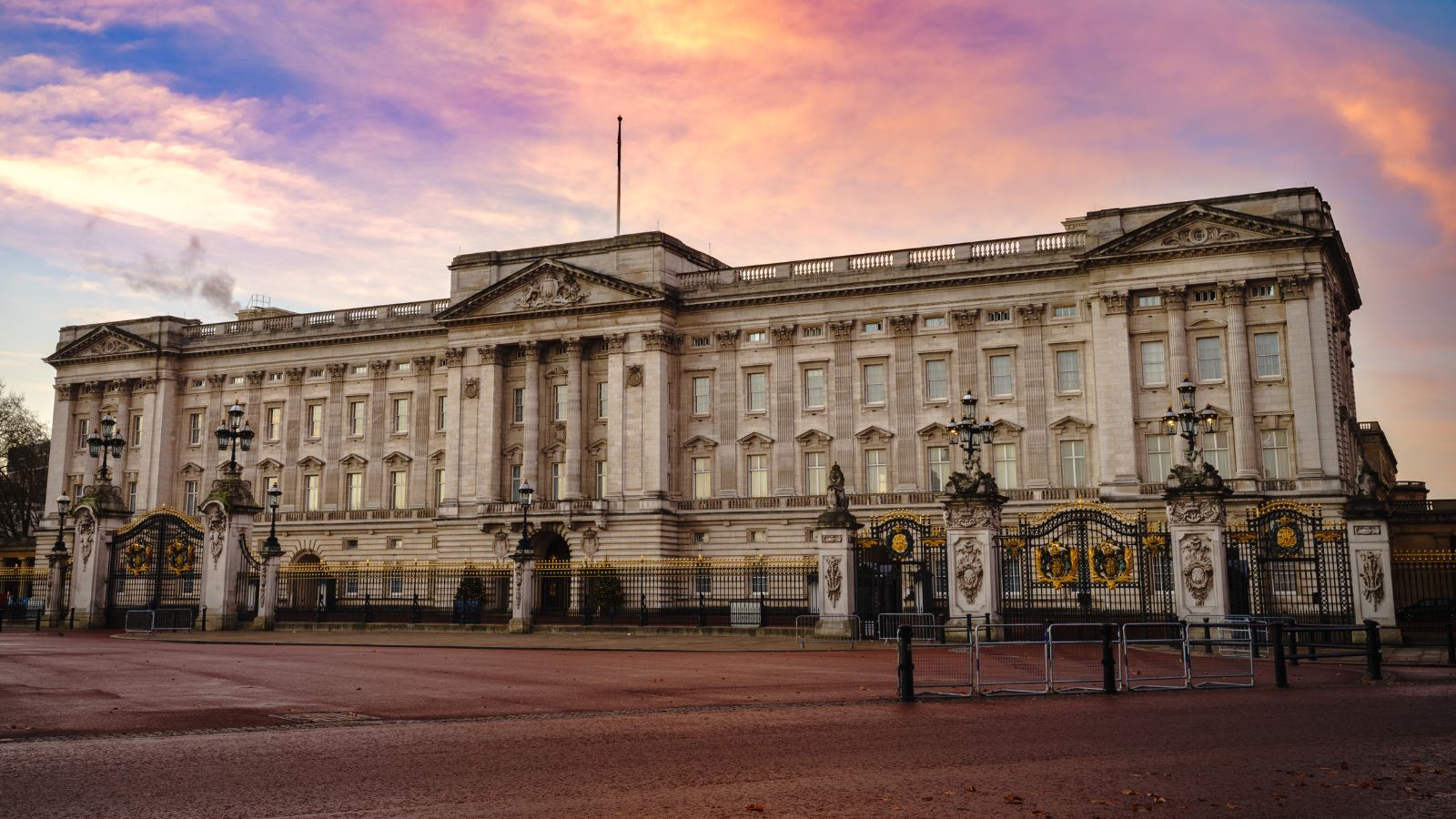The British Royal Family has fascinated people worldwide for centuries, but even with all the attention they receive, there are still plenty of lesser-known facts about them. Let’s take a look at 17 of them.
The King Doesn’t Need a Passport

You may think that everyone needs a passport to travel internationally, but not if you’re the monarch of the United Kingdom. Since British passports are issued in the name of the Crown, the King doesn’t need one; all other members of the Royal Family, however, must have a passport when travelling abroad.
Royal Family Members Don’t Have Surnames

While most people know the Royal Family as “Windsor,” that’s actually the name of their house, not a traditional surname. In fact, British royals rarely use surnames at all, as royals typically just go by their first names and titles, like Prince William or Princess Charlotte.
The Queen Owned All the Swans in the Thames

Here’s a fun and quirky fact—by law, the late Queen owned all the unmarked swans swimming in the River Thames. This tradition dates back to the 12th century when swans were considered a delicacy; nowadays, though, this is more of a ceremonial role.
Royal Family Members Can’t Vote

It might surprise some to know that even though the British monarch is the head of state, they cannot vote in elections. By convention, the Royal Family stays politically neutral and avoids expressing political opinions, as this helps maintain the monarchy’s position as a unifying figure for the nation, regardless of political beliefs.
They Have Their Own Private ATM

When you’re a member of the Royal Family, accessing money is as simple as walking into the basement of Buckingham Palace. That’s because there’s a private ATM installed exclusively for their use, and it’s provided by the bank Coutts, a prestigious institution that caters to the financial needs of the royals and other high-net-worth clients.
The Crown Jewels Are Priceless

The British Crown Jewels, housed in the Tower of London, are among the most valuable pieces of jewellery in the world. They include crowns, sceptres, orbs, and ceremonial swords, and while they’ve never been officially appraised, experts believe they’re worth well over £3 billion.
Royals Don’t Use Last Names at School

Even when they’re young, royal children have unique lives, and that includes how they’re addressed at school. Instead of using their formal titles, they typically go by their first names followed by the name of their family’s dukedom; for instance, Prince William and Prince Harry were known as William Wales and Harry Wales at school.
The Monarch Is Also the Head of the Church of England

In addition to being the head of state, the British monarch is also the Supreme Governor of the Church of England. This role dates back to the 16th century when King Henry VIII broke away from the Roman Catholic Church.
King Charles Has Two Birthdays

One birthday is never enough when you’re the British monarch, as the king celebrates two birthdays each year—one on their actual birth date and another in June. The second, known as the “official birthday,” is marked with the Trooping the Colour parade in London.
The Royal Family Isn’t Allowed to Play Monopoly

Believe it or not, the Royal Family has a “ban” on playing Monopoly. According to Prince Andrew, the game became too “vicious” when the family played it, so it was banned from family gatherings—a light-hearted rule that highlights how even the royals aren’t immune to a little family drama.
Buckingham Palace Has a Secret Escape Tunnel

Rumour has it that Buckingham Palace has a secret escape tunnel for the royal family to use in emergencies. While the details are understandably kept under wraps, it’s believed there are hidden passages leading out of the palace to ensure the monarch’s safety.
The Royal Family Can’t Marry Just Anyone

Historically, British royals were limited in their choice of marriage partners, and up until recently, they couldn’t marry Roman Catholics, expected to marry within European royal families. While these rules have become more relaxed, there are still certain expectations, and the monarch must approve the marriage of senior royals.
They Don’t Have Custody of Their Own Children

Here’s a surprising one—technically, the monarch has legal custody of all royal children. This strange legal quirk stems from a law passed during the reign of King George I, and while this doesn’t impact the daily lives of royal parents today, it’s a reminder of the complex relationship between the Crown and its heirs.
The Late Queen’s Wardrobe Was Carefully Planned

The Queen was known for her colourful outfits, but there was more strategy behind them than met the eye; her wardrobe was carefully planned to ensure she stood out in crowds, making it easier for people to see her during public appearances. Her team also logged every outfit she wore to avoid repeating the same look too often.
Royal Succession Follows Strict Rules

While most people know that the British crown passes from one generation to the next, the rules governing royal succession are surprisingly strict. Until 2013, male heirs had priority over their sisters, even if they were younger, however, the laws were changed, so now the oldest child, regardless of gender, is next in line.
The Monarch Sends Personal Birthday Messages to Centenarians

If you live to be 100 years old in the UK or Commonwealth countries, you can expect a special letter from the king himself! Since 1917, the monarch has been sending congratulatory messages to people celebrating their 100th and 105th birthdays, as well as significant anniversaries.
The King Can’t Be Arrested

One of the more unique aspects of being the British monarch is that they are immune from arrest. This is because the law is enacted in the name of the Crown, meaning the monarch can’t be prosecuted under their own laws, and this legal immunity applies to the monarch alone.

